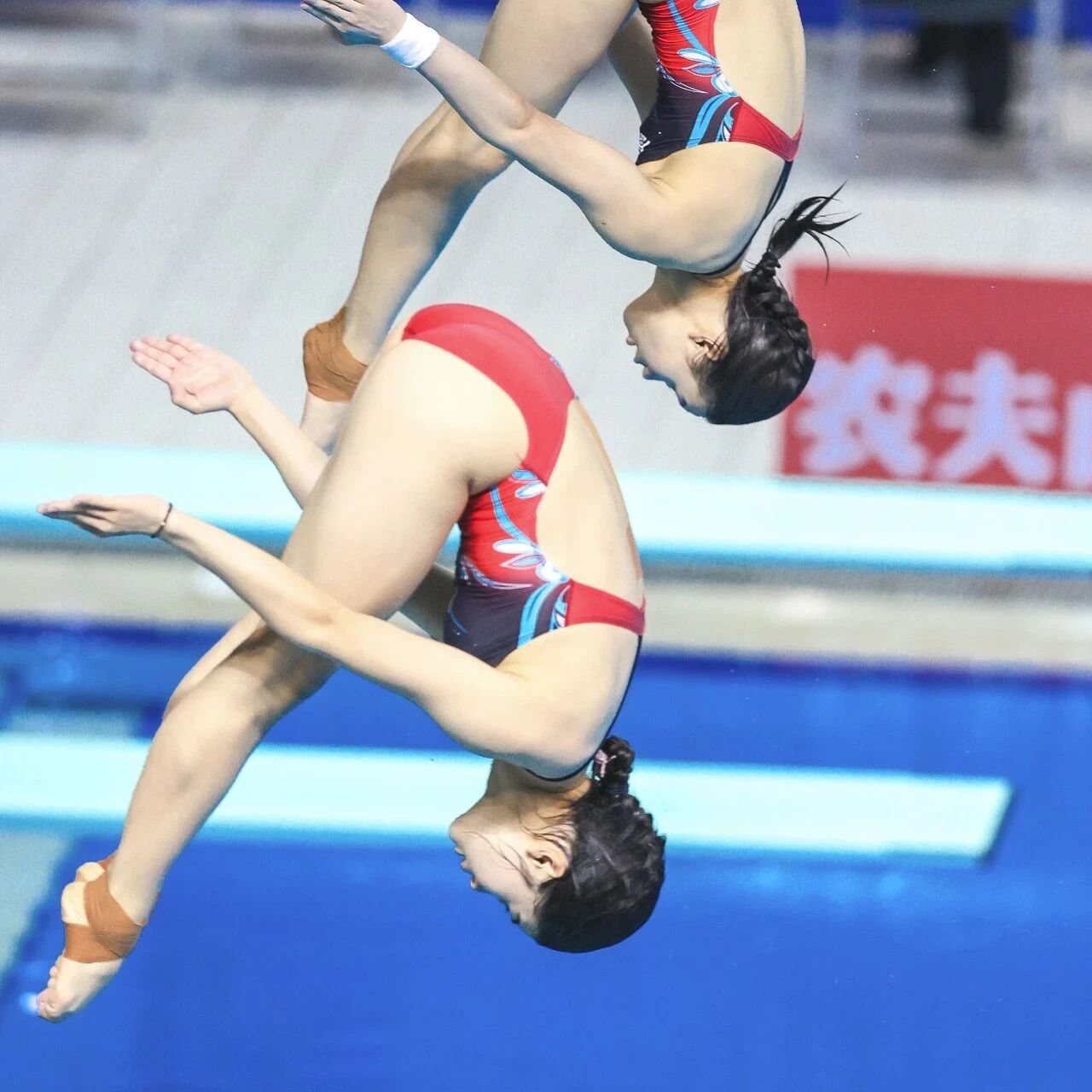Phelps and Lochte Slam USA Swimming Association
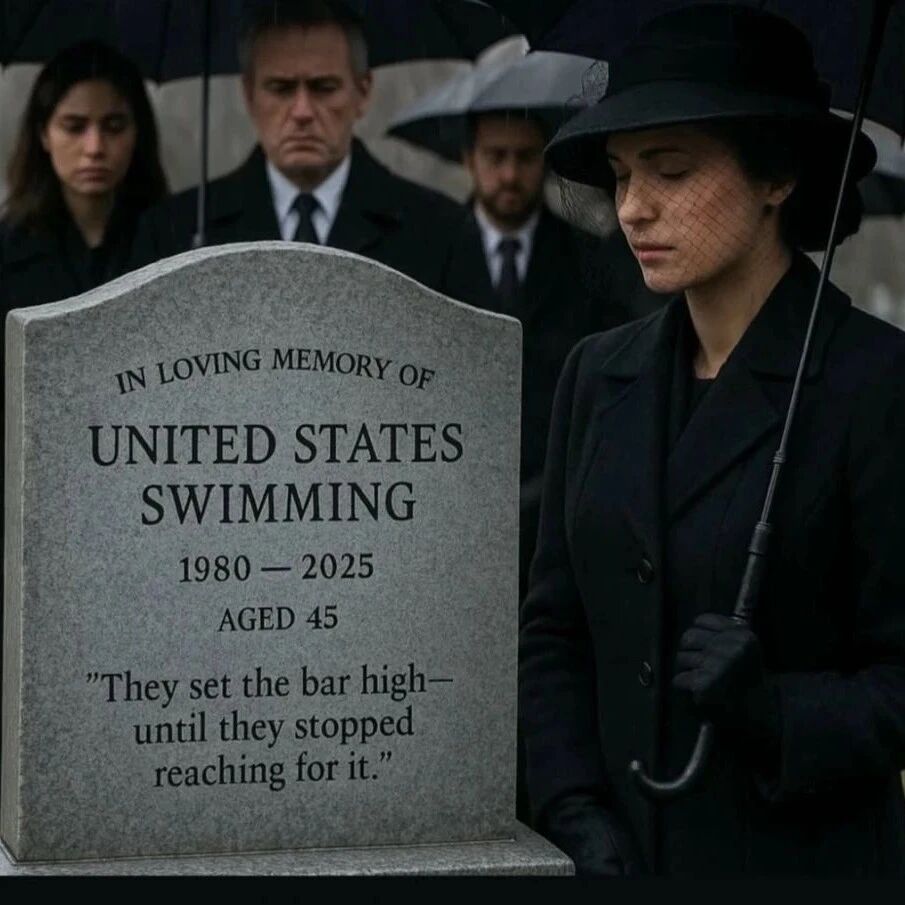
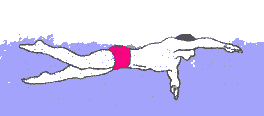

"In Rio in 2016, the U.S. team claimed 57% of the swimming medals at the Olympics; eight years later in Paris, however, the American swim team won just 44% of the medals. I ask myself—what has changed in this sport? The answer is clear: it’s not the athletes’ fault—it’s a reflection of issues within the leadership of USA Swimming."
As early as August 1, as the Singapore World Swimming Championships were drawing to a close, Ryan Lochte, a swimming star who competed alongside Phelps, posted a photo on Instagram of what appeared to be a tombstone, inscribed with the message: "American Swimming, 1980–2025, Age 45.""There's also a thought-provoking remark:They set the bar so high that they eventually stopped striving for it altogether.
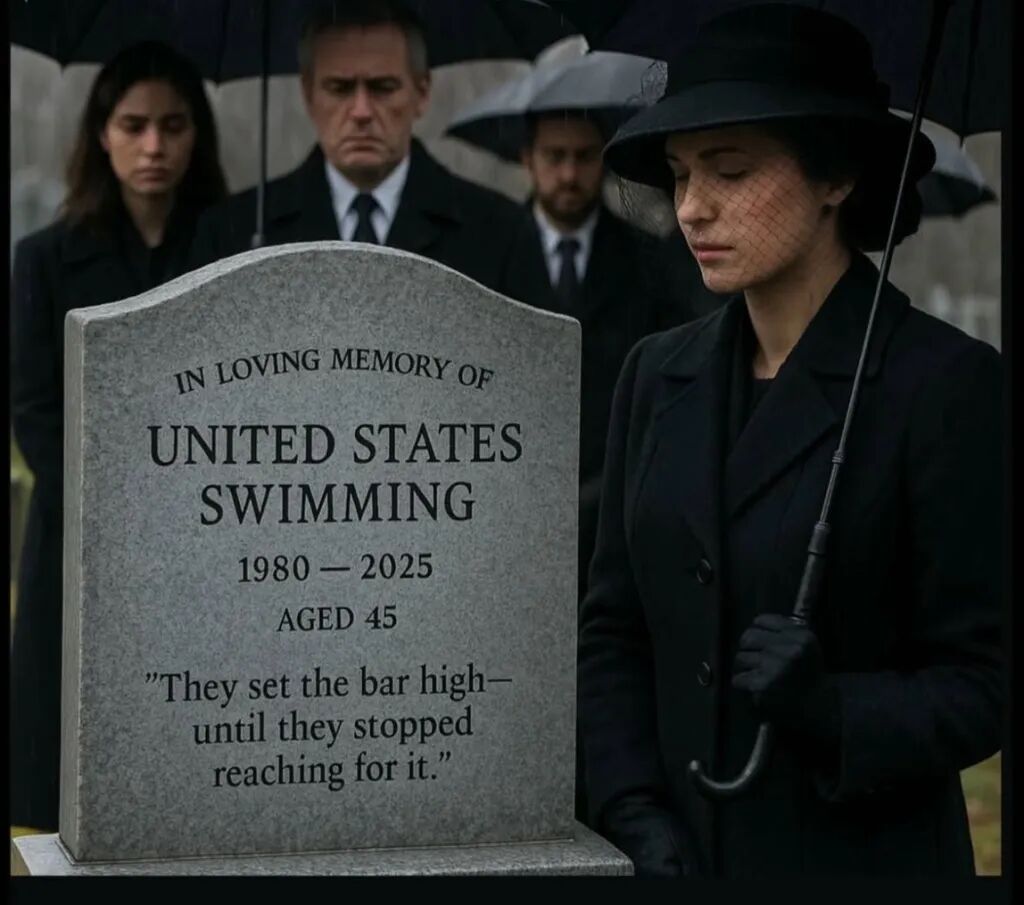
Ryan Lochte's photo posted on social media
Shortly afterward, Phelps retweeted the post, commenting: "Is this the wake-up call American swimming needs? We’ll see."
One day later, legendary swimmer Roddie Gaines, in an interview with the Associated Press, also sharply criticized USA Swimming, accusing the organization of fostering a "take-it-for-granted" attitude within the team.
Three legendary swimming coaches have launched a series of scathing critiques, leaving the USA Swimming Association struggling to respond. Even Bob Vincent, the acting CEO of USA Swimming, chimed in on Phelps’ post, thanking the coaches for their candid feedback—and later emphasized in a statement: "We respect and value the insights of Roddie, Michael, Ryan, and all other pioneering figures in American swimming. We fully understand that these comments stem from a deep passion for our sport and a genuine desire to see U.S. swimming thrive."
Since the 2016 Rio Olympics, U.S. swimming dominance has clearly begun to decline. At Rio, the American team claimed 16 gold medals—13 more than second-place Australia—and finished with an impressive 23-medal lead overall. However, by the time of the Tokyo Olympics, the U.S. team managed just 11 golds, barely two ahead of Australia, and their total medal count was also only 10 higher than Australia’s. In Paris, it wasn’t until the final day, when the women’s 4x100m medley relay clinched gold, that the U.S. narrowly edged out Australia (7 golds) with 8 gold medals, securing their spot atop the swimming medal standings once again. Unfortunately, those 8 golds marked the worst performance for Team USA in swimming since the 1988 Seoul Olympics.
In addition to the decline in swimming performance, a more immediate reason that sparked criticism from swimming legends like Phelps was the collective outbreak of "acute gastroenteritis" among the U.S. swim team during their training camp in Thailand ahead of the Singapore World Championships. Greg Meehan, the national team director who took office just four months ago, revealed that 85% of the team members fell ill, with "a significant portion" suffering "severely"—many athletes experienced noticeable weight loss, with some shedding as much as 5% of their body weight. As a result, at least eight medal-contending swimmers were forced to withdraw from the Singapore World Championships altogether.
“You can blame the loss on illness, attribute it to the players’ lack of experience, or even point fingers at logistical issues—but heading to Thailand for training camp was never going to make a difference in the first place.” In an interview with ESPN, Gaines squarely placed the blame on “man-made mistakes.”
In his view, both Frenchman Marchand and Canadian McIntosh, who broke world records at this year's World Championships, chose to hold their training camps right in the U.S., while the American team, despite all the logistical challenges, still decided to head to Thailand—clearly a foolish move, since July and August in Thailand are the rainy season, and the U.S. team happened to be training outdoors.
To the frustration of swimming legends, this training camp was actually planned years ago by USA Swimming’s management team. Even though everyone knew the plan was utterly disastrous, no one stepped forward to set it right. And the reason is simple: according to Gaines, it’s because there’s “no clear leader in charge.”
Since August 2024, the U.S. Swimming Association has been mired in turmoil. At that time, Tim Hinch, the association's CEO, was fired amid a wave of protests from coaches, declining membership numbers, and reduced support from the organization for lower-level competitions.
After Tim Hinch stepped down, Shana Ferguson, who had served as the U.S. swim team’s longtime Chief Operating Officer, took over as interim CEO. In February 2025, Chrissy Lawak, formerly the athletic director at the University of Delaware, was appointed as the new CEO—but just nine days later, she abruptly left her position amid complaints filed by the Olympic Sports Safety Center.
Immediately afterward, Shana Ferguson was once again thrust into the spotlight—though she didn’t stay long this time either. Just one month later, she chose to join the Los Angeles Olympic Organizing Committee, leaving USA Swimming with no choice but to hastily bring in Bob Vincent, the former chairman of its board, as a last-minute fix.
A series of personnel changes naturally impacted the team’s preparation for upcoming competitions. After the Paris Olympics, the U.S. swimming team went five months without a head coach—until April 2025, when Greg Meehan was finally appointed to the role. Taking over on short notice, even Gaines couldn’t help but voice his concerns: "I think he’s a great choice, but frankly, he walked straight into a ‘minefield.’"
Phelps proposed three key recommendations to the USA Swimming Board of Directors: 1. Commission a comprehensive, independent 360-degree review covering both the USA Swimming Board and the organization as a whole, while ensuring full transparency throughout the process. 2. Streamline athlete services by developing an athlete-centered support system that empowers them to compete at their best. 3. Focus on strengthening grassroots swimming initiatives to reverse the decline in membership caused by the pandemic—and explore innovative approaches to drive the sport’s sustained growth.
"I'm willing to help with the initial implementation of these suggestions and hope the USA Swimming Association will consider my proposal," Phelps wrote in the five-page-long article. "My door remains open, and I look forward to working together with everyone."
The Singapore World Swimming Championships, which concluded on August 3, once again saw the U.S. women's team shining brightly. Stars like Ledecky, Walsh, Smith, and Douglas delivered consistent performances, flawlessly accomplishing their tasks. In contrast, the men's team—lacking key members who competed in the Paris Olympics—was far less impressive, managing to secure only one gold medal through 23-year-old Luca Urlando in the men's 200m butterfly.
However, objectively speaking, despite facing strong challenges from Australia in recent years—Australia won 8 gold medals at the Singapore World Swimming Championships, just one behind the U.S. team—and the surprising rise of countries like Canada and France, the U.S. remains firmly established as the global swimming powerhouse, thanks to its mature sports industry infrastructure and a comprehensive system that spans everything from youth development to cutting-edge scientific training for elite athletes. As Gaines previously predicted ahead of the Singapore World Championships: "The next three years look incredibly promising for women's events, and the men's program will also shine brightly in Los Angeles. By the time the Olympics roll around in LA, you'll start hearing a lot about those young swimmers whose names most people haven't even heard yet—because they're already making waves."

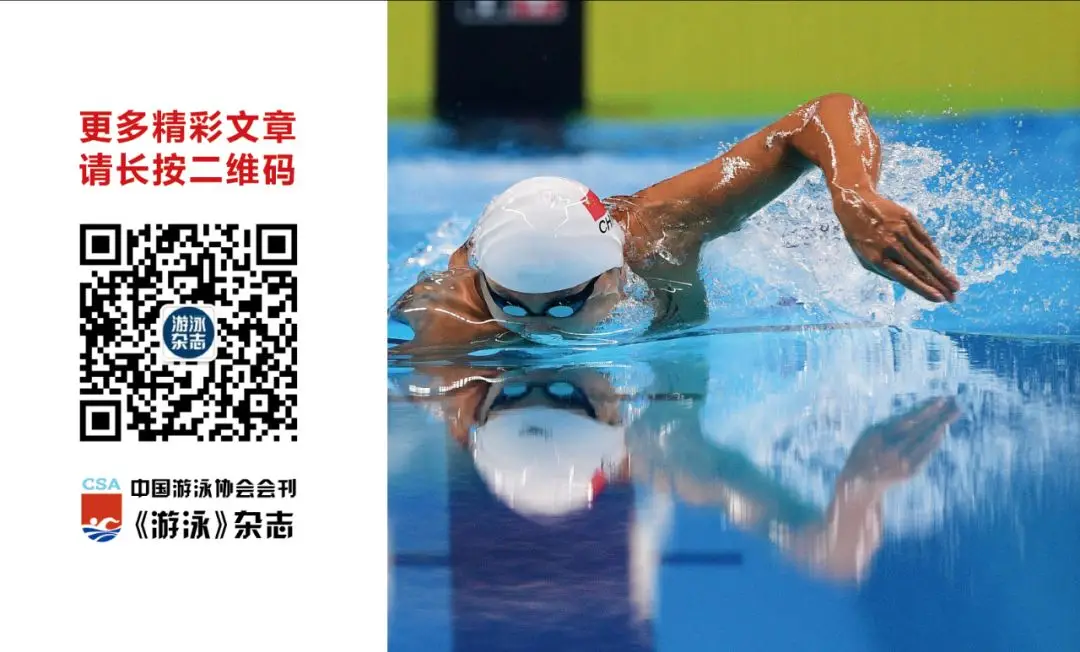
Related Articles
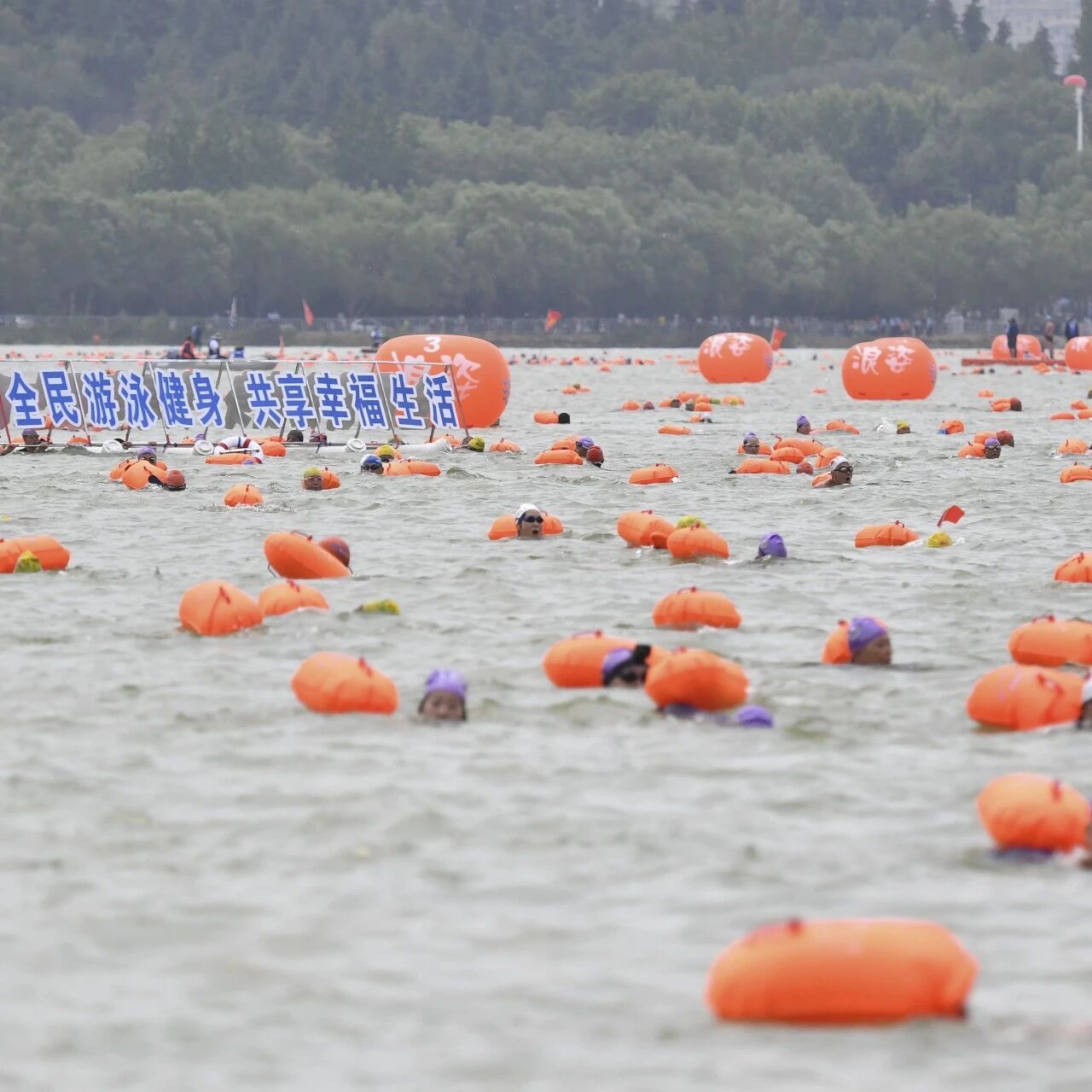
Notice on Forwarding Information About the 2025 China · Sanmenxia Mother River Crossing Event
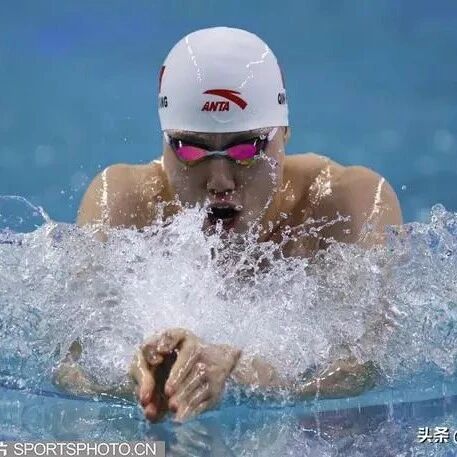
National Spring Swimming Championships | Last night! Qin Haiyang wins gold in the men's 200m breaststroke, while Yang Peiqi claims gold in the women's 400m freestyle.
